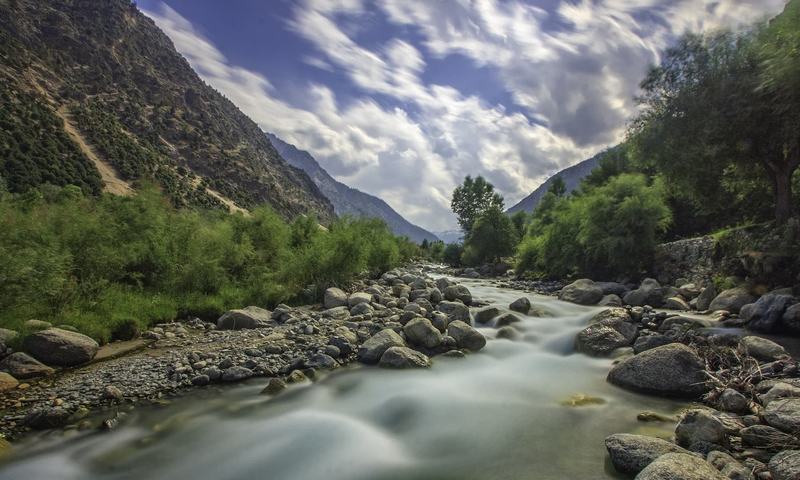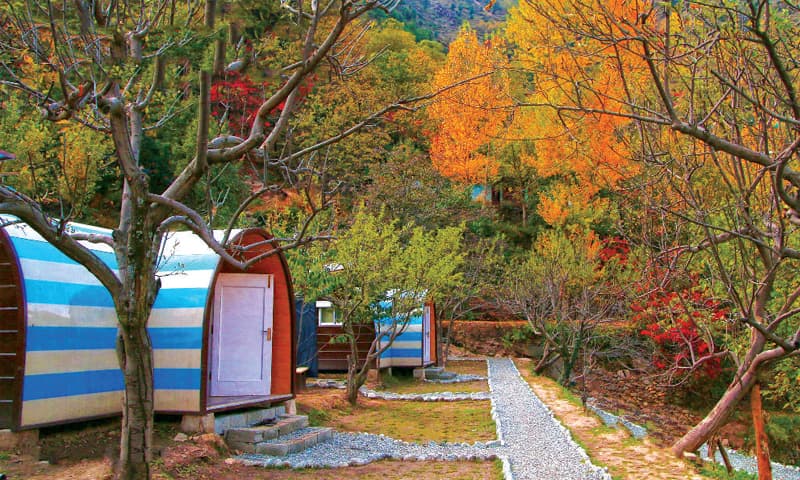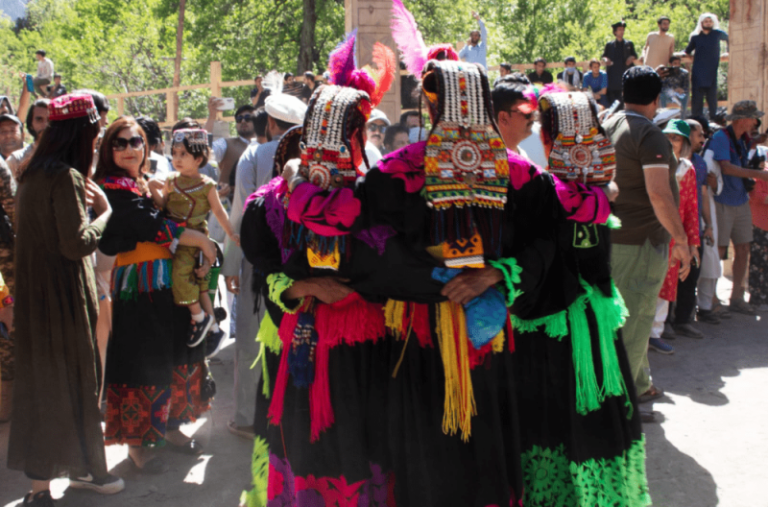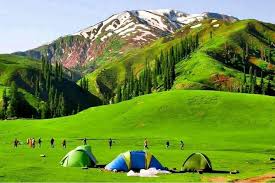KPK Tours
History
Khyber Pakhtunkhwa (KPK), located in the northwest of Pakistan, has a rich history shaped by its strategic position as a gateway between South Asia and Central Asia. Historically known as the North-West Frontier Province (NWFP), it has been a crossroads for diverse civilizations, including the Aryans, Persians, Greeks, Mauryans, Kushans, and Mughals. The region played a significant role during the Gandhara civilization, renowned for its Buddhist heritage. In the 19th century, it became a key battleground during the British colonial era, particularly in the Anglo-Afghan Wars. Following Pakistan’s independence in 1947, the region became part of the country, and in 2010, it was officially renamed Khyber Pakhtunkhwa. Known for its Pashtun culture, scenic landscapes, and historical significance, KPK continues to be a vital part of Pakistan’s cultural and geopolitical fabric.



Geography
Khyber Pakhtunkhwa (KPK), located in the northwest of Pakistan, is a region of diverse geography, ranging from lush green valleys to rugged mountains. The province shares borders with Afghanistan to the west, Punjab and Islamabad to the southeast, Azad Jammu and Kashmir to the east, and Balochistan to the southwest. The towering Hindu Kush and Karakoram ranges dominate its northern and western parts, while the fertile plains of Peshawar and Mardan lie in the south. The province is home to major rivers, including the Indus, Swat, and Kabul, which support agriculture and hydropower. KPK’s landscape includes picturesque valleys like Swat, Chitral, and Kaghan, as well as key passes like the Khyber Pass, a historic trade and invasion route. This geographical diversity makes KPK a region of natural beauty and strategic importance.




